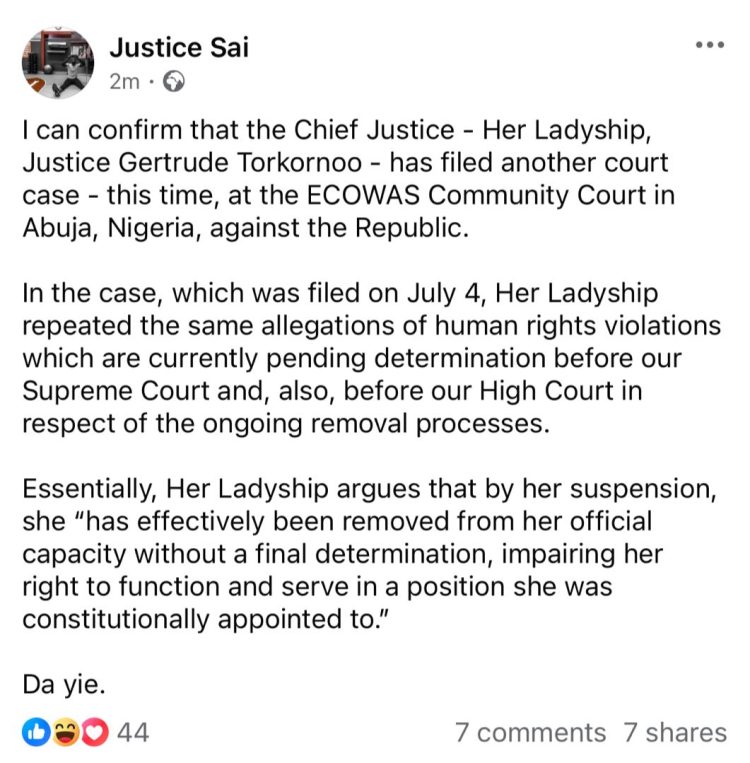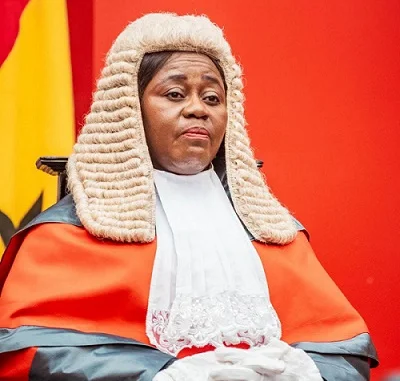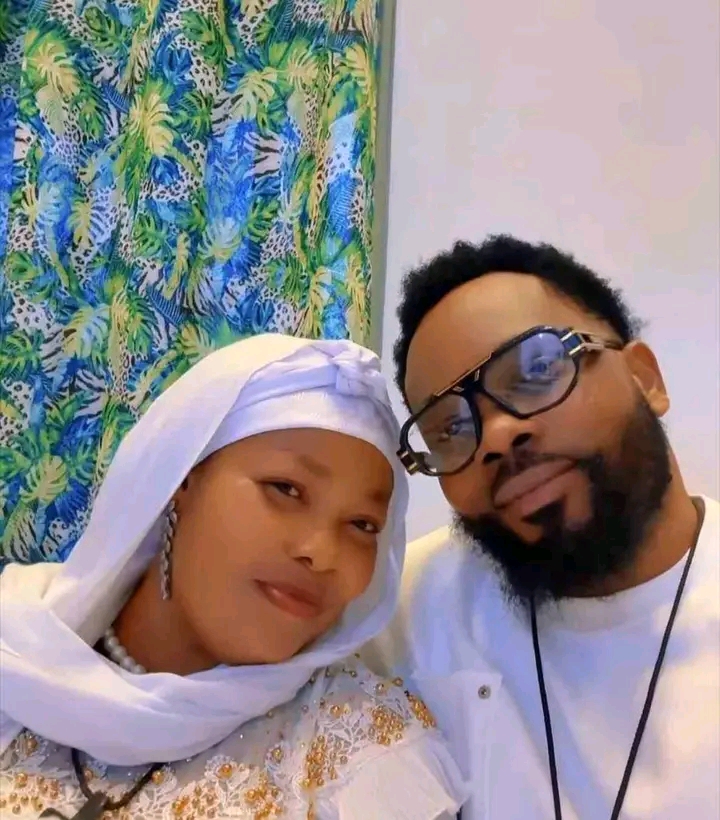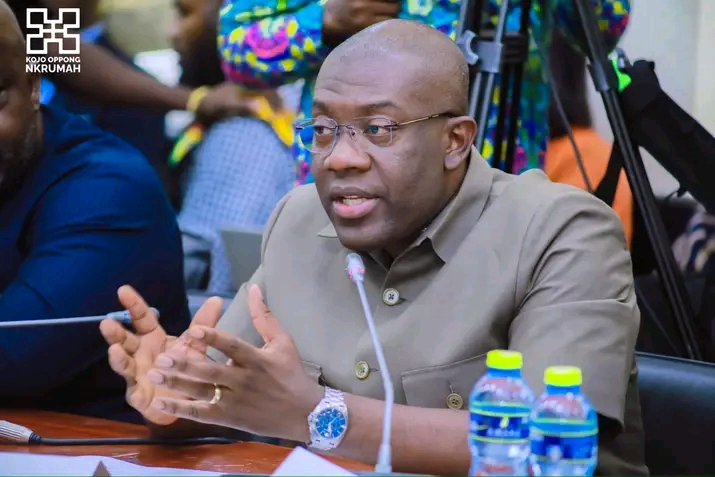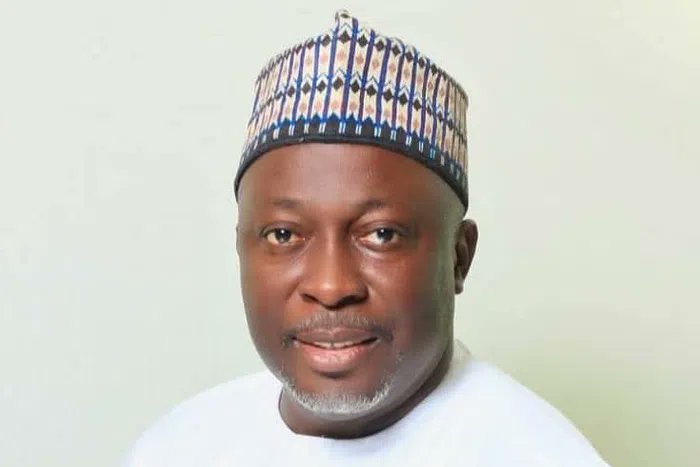Credit: Kekeli K. Blamey
Suspended Chief Justice of Ghana, Her Ladyship Justice Gertrude Araba Esaaba Torkornoo, has filed an application before the ECOWAS Community Court of Justice in Abuja, Nigeria, seeking redress over what she describes as violations of her fundamental human rights following her suspension from office.
The Deputy Attorney General, Justice Srem-Sai, confirmed the development in a Facebook post on Tuesday, July 8, indicating that the application was filed on July 4. According to him, the suspended Chief Justice is contending that the decision to suspend her—without a final determination of the petitions filed for her removal—constitutes an infringement on her right to due process and undermines her constitutional mandate.
“Essentially, Her Ladyship argues that by her suspension, she has effectively been removed from her official capacity without a final determination, impairing her right to function and serve in a position she was constitutionally appointed to,” Justice Srem-Sai stated.
Justice Torkornoo was suspended by President John Dramani Mahama pursuant to Article 146 of the 1992 Constitution, following the submission of three separate petitions seeking her removal. In addition to the ECOWAS application, she has also initiated legal proceedings at the Supreme Court and the High Court of Ghana, challenging the legality of her suspension and the procedural steps leading to it.
Meanwhile, on July 1, the Attorney General filed a motion at the Human Rights Division of the High Court, seeking to strike out her application for judicial review. In the State’s affidavit, deposed by State Attorney Reginald Nii Odoi, the government argues that the application is fundamentally flawed, citing misrepresentation of legal capacity and failure to join necessary parties.
The Presidency has maintained that the suspension was carried out in accordance with constitutional provisions, emphasizing its commitment to due process. President Mahama, addressing the matter recently, reiterated that the executive has fulfilled its constitutional obligations and is now awaiting the outcome of the committee tasked with investigating the petitions.
Justice Torkornoo’s suspension has generated widespread public interest, with various stakeholders, including legal professionals, civil society organisations, and political parties, expressing divergent views on the implications for judicial independence and constitutional governance.
The final determination of both the ECOWAS Court and the domestic legal processes will be critical in deciding whether Justice Torkornoo is reinstated or permanently removed from office.
